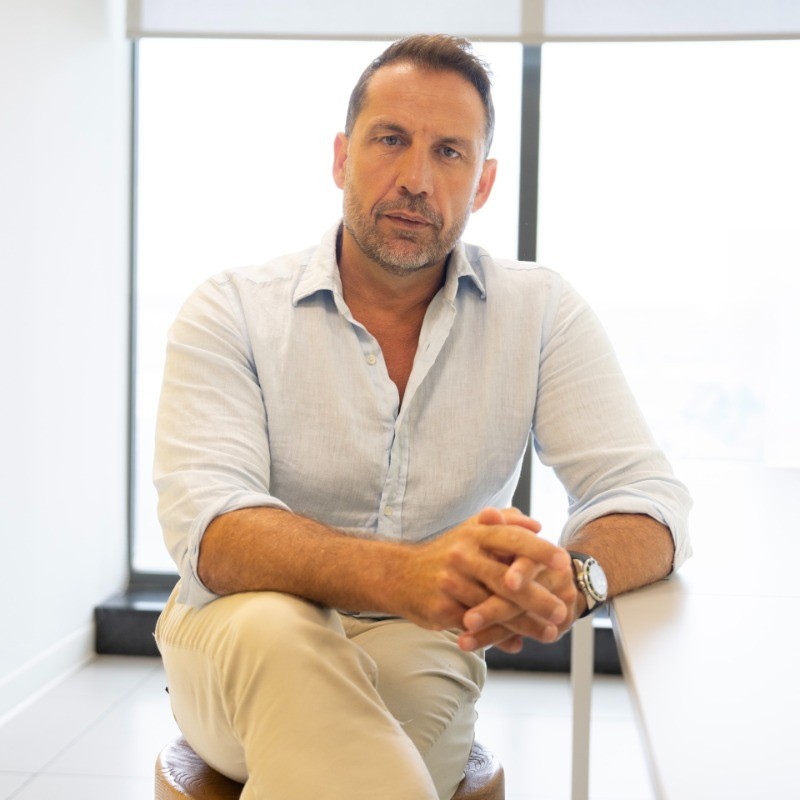Many executives, even those at the top of their game, struggle with an inner critic that fuels self-doubt and hesitation. This internal dialogue can either propel us forward or hold us back. Many executives, even those at the top of their game, struggle with an inner critic that fuels self-doubt and hesitation. This internal dialogue can either propel us forward or hold us back.
The key, say experts, is not to silence this voice entirely, but to manage it effectively. Both Leadership Coach Karl Grech and Strategy Leader Jonathan Shaw highlight an often-overlooked truth: our inner voice – the way we talk to ourselves – directly influences our confidence, actions, and overall effectiveness as leaders.

Mr Grech emphasises that the first step in overcoming self-doubt is awareness. Pay attention to when and where your inner critic shows up. Does it creep in before an important meeting? Understanding your triggers can help you prepare for them.
One effective approach is journaling. Take note of the moments when you feel overwhelmed by negative self-talk. Patterns will emerge, allowing you to pinpoint exactly when your inner critic is at its loudest. Once you identify these moments, you can start challenging the narrative.
Speaking to MaltaCEOs.mt directly, Mr Shaw points out, “The way we think determines how we act, feel, and behave.” If our thinking is distorted by fear, doubt, or irrational assumptions, our actions will reflect those unhelpful thoughts. Instead of jumping into problem-solving mode, pause and assess your internal dialogue.
Ask yourself: Is this thought based on facts or just fear? Would I say this to a colleague or friend?What evidence do I have that contradicts this belief?

Often, shining a light on our inner doubts reduces their power. For instance, if you catch yourself thinking, “I’m going to fail at this presentation,” reframe it to “I’ve prepared thoroughly, and I have valuable insights to share.”
Mr Grech suggests actively flipping the script by replacing self-critical thoughts with positive affirmations. This may feel unnatural at first, but with practice, it becomes second nature. If your default reaction to challenges is “I’m not good enough,” replace it with “I’m learning, growing, and improving every day.”
Another powerful technique is daily reflection. Take a few moments at the end of each day to acknowledge small wins. Even minor achievements contribute to a more positive mindset over time. This habit reinforces confidence and weakens the grip of self-doubt.
Mindfulness techniques, such as deep breathing, meditation, or even short moments of stillness, can help refocus your attention and quiet mental chatter. By practicing mindfulness, you develop the ability to observe thoughts without immediately reacting to them. This skill is particularly useful in high-pressure situations where a clear, rational mindset is essential.
Managing self-doubt is an ongoing process, not a one-time fix. But as Mr Grech and Mr Shaw emphasise, the effort is worth it. When you learn to challenge unhelpful thinking, your decisions become sharper, your confidence grows, and your leadership becomes more effective.
Imagine what you could achieve if your inner voice worked for you instead of against you. The next time self-doubt creeps in, pause, challenge the narrative, and choose a more empowering thought.
Images: Karl Grech & Jonathan Shaw / LinkedIn
6 morning routine mistakes to avoid that could cost you productivity
There are easy and effective ways to set the right tone from the start of your day.
Mistakes CEOs regret and how to avoid them
Many CEOs look back and wish they had done things differently.
6 steps business leaders must follow to address negative online reviews
Responding to online critics is an effective way of protecting a company’s reputation and building customer loyalty.
Provide feedback and show respect: 5 ways business leaders can steer a young team towards success
Millennials and Gen Z employees are on the rise, and while they are wrongly viewed as ‘unmotivated’ and ‘entitled’, they ...









